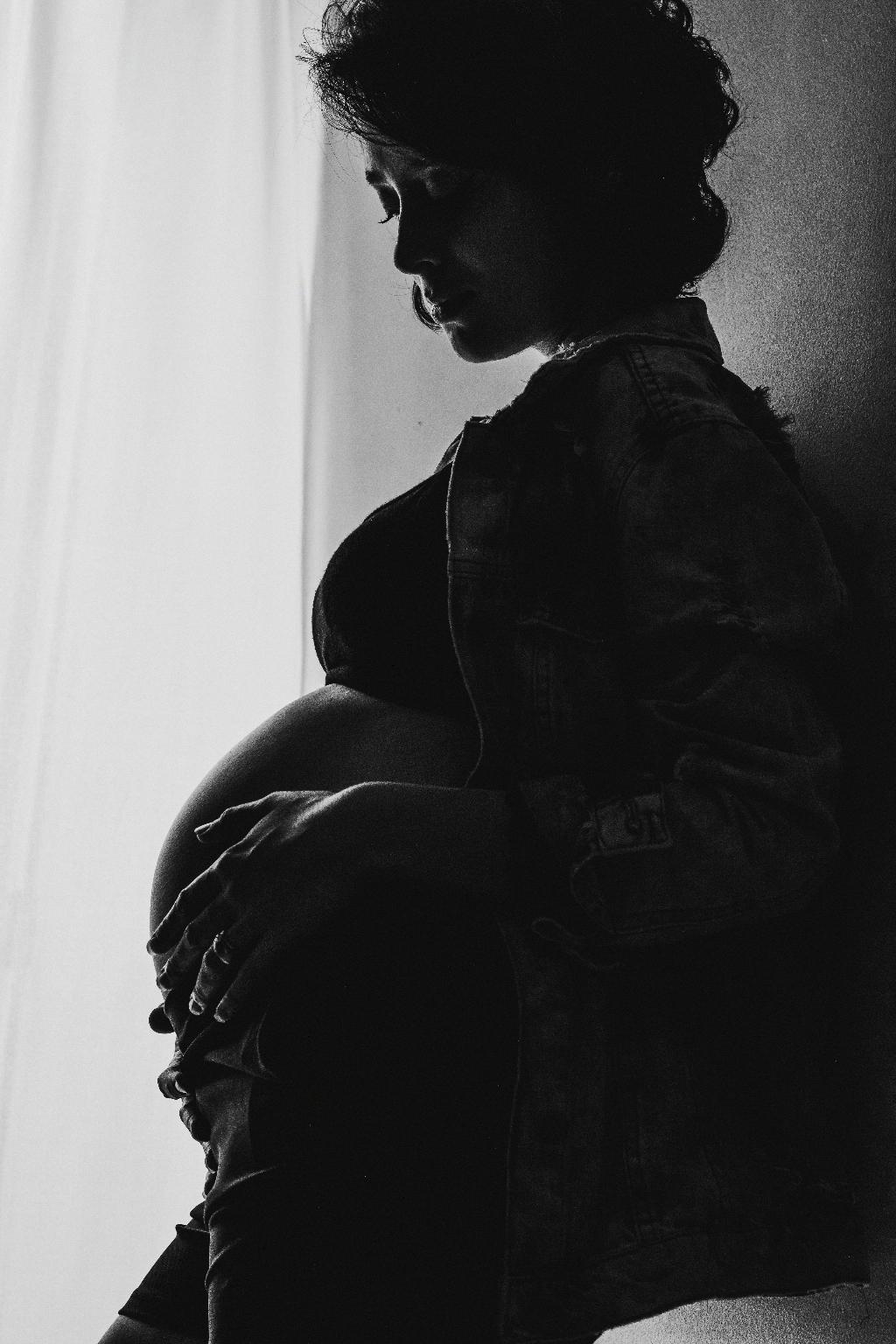Postpartum shakes, also known as shivering, trembling, or chills, are a common occurrence for many women after giving birth. It’s natural to feel concerned about this phenomenon, especially as a new mother navigating the whirlwind of emotions and physical changes that come with childbirth. One of the burning questions that often arise is: How long do the postpartum shakes last?
Timing and Duration
For many women, experiencing shivering and shaking during or after labor is not uncommon. However, the good news is that in most cases, these postpartum shakes typically resolve within an hour, regardless of the delivery method.
Managing Postpartum Chills
While it may be challenging to prevent postpartum chills altogether, there are steps you can take to alleviate discomfort and prepare for this experience. Consider packing warm clothing in your hospital bag to ensure your body stays cozy during the time spent in a potentially chilly environment.
Embracing the Recovery Process
Remember that postpartum shakes are a temporary and natural response of the body adjusting after childbirth. Embrace the recovery process and give yourself grace as you navigate the physical and emotional changes that come with welcoming a new life into the world.
Consulting with Healthcare Providers
If you have concerns about the duration or intensity of postpartum shakes, do not hesitate to reach out to your healthcare provider. They can offer personalized guidance and support to ensure that you are feeling comfortable and confident in your postpartum journey.
Support from Loved Ones
During this period of adjustment, it can be incredibly beneficial to seek support from your partner, family members, or friends. Having a strong support system in place can make a world of difference as you navigate the ups and downs of the postpartum experience.
Self-Care and Rest
Remember to prioritize self-care and rest during this time. Your body has undergone a significant transformation, and it is essential to listen to its needs and give yourself the time and space to recover fully.
Physical Recovery
Postpartum shakes are just one aspect of the physical recovery process after childbirth. Be patient with your body as it heals, and remember that each individual’s journey is unique. Take things one day at a time and focus on gradual progress.
Emotional Well-Being
In addition to physical recovery, it is crucial to prioritize your emotional well-being during the postpartum period. Be gentle with yourself, acknowledge your feelings, and seek professional support if needed to address any emotional challenges that may arise.
Enjoying Moments of Bonding
Amidst the whirlwind of postpartum changes, remember to savor the precious moments of bonding with your newborn. These moments of connection are invaluable and can provide a sense of joy and fulfillment during the early stages of motherhood.
Parenting Support
As you navigate the joys and challenges of parenthood, don’t hesitate to seek out parenting support groups, resources, or classes in your community. Connecting with other parents can provide valuable insights, camaraderie, and a sense of belonging during this transformative time.
Conclusion
In conclusion, while postpartum shakes may cause temporary discomfort, it is reassuring to know that they typically resolve within an hour. By preparing for this experience, seeking support from healthcare providers and loved ones, prioritizing self-care, and embracing the journey of recovery, you can navigate the postpartum period with confidence and resilience.

